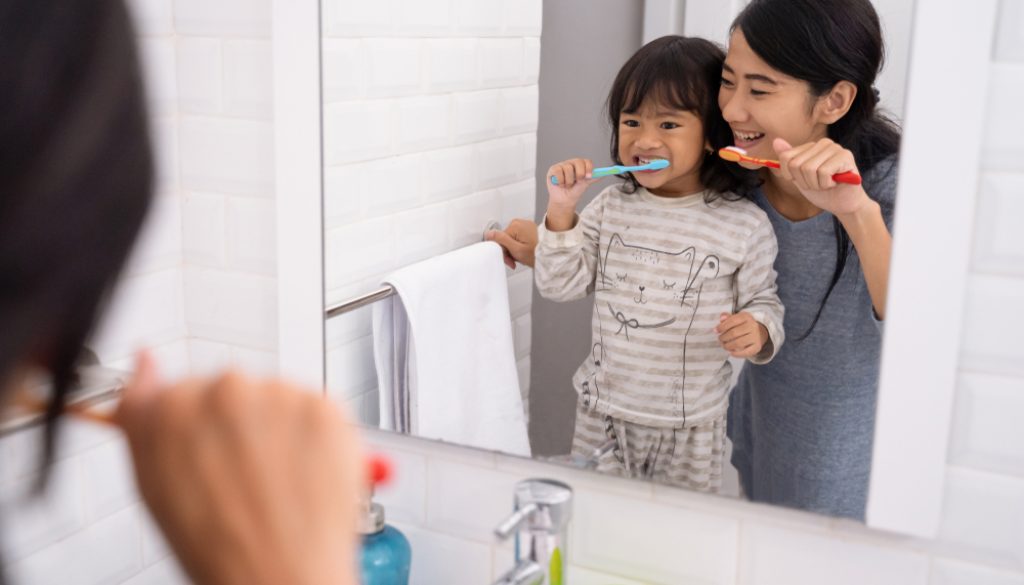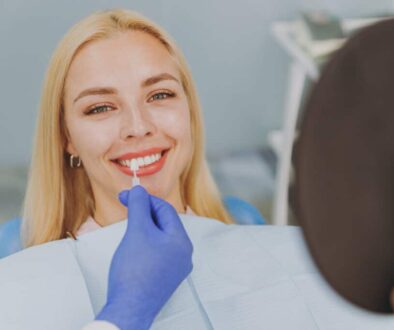Do I Really Need to Brush for 2 Minutes? Answering Your Questions About Dental Hygiene
You probably learned to brush your teeth at a very young age—most parents start brushing a child’s teeth as soon as they appear and teach children to brush their own teeth as soon as they are coordinated enough to do it alone. While teeth brushing morning and night is part of almost everyone’s routine, you may not be doing it quite right. Here are some helpful dental hygiene tips to make sure you get your teeth as clean as possible to avoid cavities, tooth decay, and gum disease that can lead to even more serious dental health concerns if left untreated.
Brush for Two Minutes, Two Times a Day
Dentists have long been telling people to brush for two minutes, two times a day, but according to the American Dental Association, the average time people brush teeth falls well short of that at just 45 seconds. Brushing longer and making sure to focus on every part of your mouth is essential to clean plaque and avoid tartar buildup, which prevents cavities and lowers your risk of gum disease.
There are several different ways that you can make sure you brush for two minutes each time:
- Divide your mouth into four “quadrants” – top left, top right, bottom left, bottom right – and brush each one for 30 seconds
- Set a timer to make sure you don’t short-change your brushing time
- Purchase an electric toothbrush with a two-minute timer that vibrates every 30 seconds to let you know when to move to a new quadrant
- Kids’ toothbrushes that light up, vibrate, and include timers can help make brushing for two minutes more fun
- Even without a special toothbrush, you can find YouTube videosthat encourage proper brushing and help kids focus for two full minutes
Other Important Brushing Hygiene Tips
In addition to doing it for two minutes, it’s also important to follow other guidelines from dental health professionals to get the most out of your brushing time:
- Use a soft-bristled toothbrush that you replace about every three to four months, or more often if you notice the bristles starting to fray
- Hold the brush about 45 degrees (diagonal) to your gums while brushing
- Use short strokes and make sure not to push too hard
- Brush your tongue to remove bacteria that can lead to bad breath
- Rinse your brush and store it in a place that is dry and separated from other toothbrushes (your roommates, spouse, or siblings)
- Floss at least once a day
Brushing more than twice a day won’t necessarily damage your teeth, but you usually don’t need to brush more often unless you have a specific reason. Brushing too hard or brushing right after consuming acidic foods could actually damage your teeth by wearing down the enamel (the hard outer coating that protects your tooth).
Finally, make sure to schedule regular cleanings and check-ups at Young Family Dental to remove plaque and tartar and support your daily brushing habits by ensuring clean, healthy teeth and gums.







